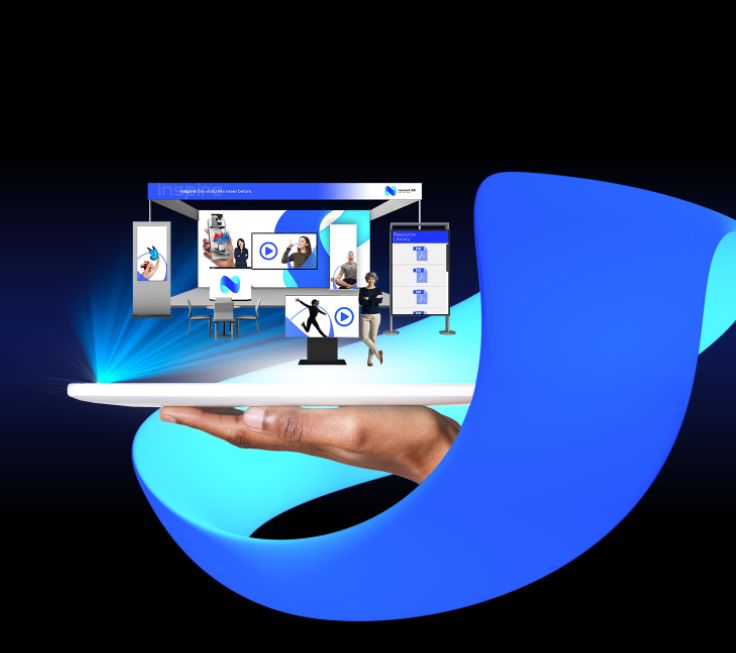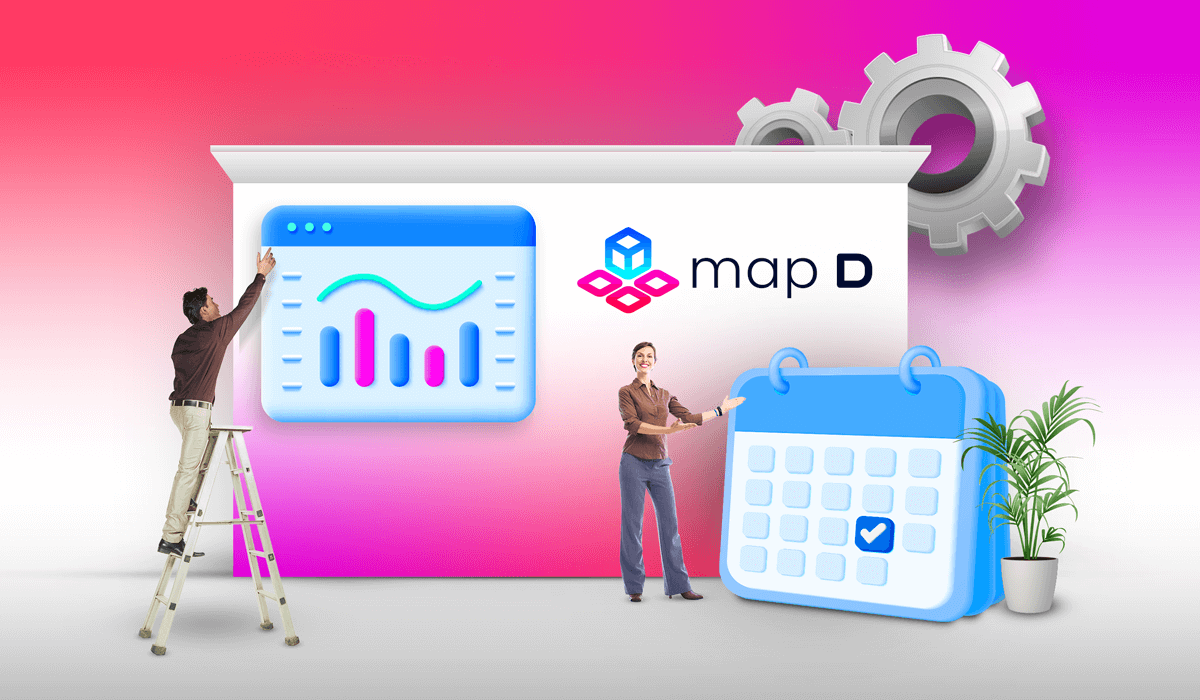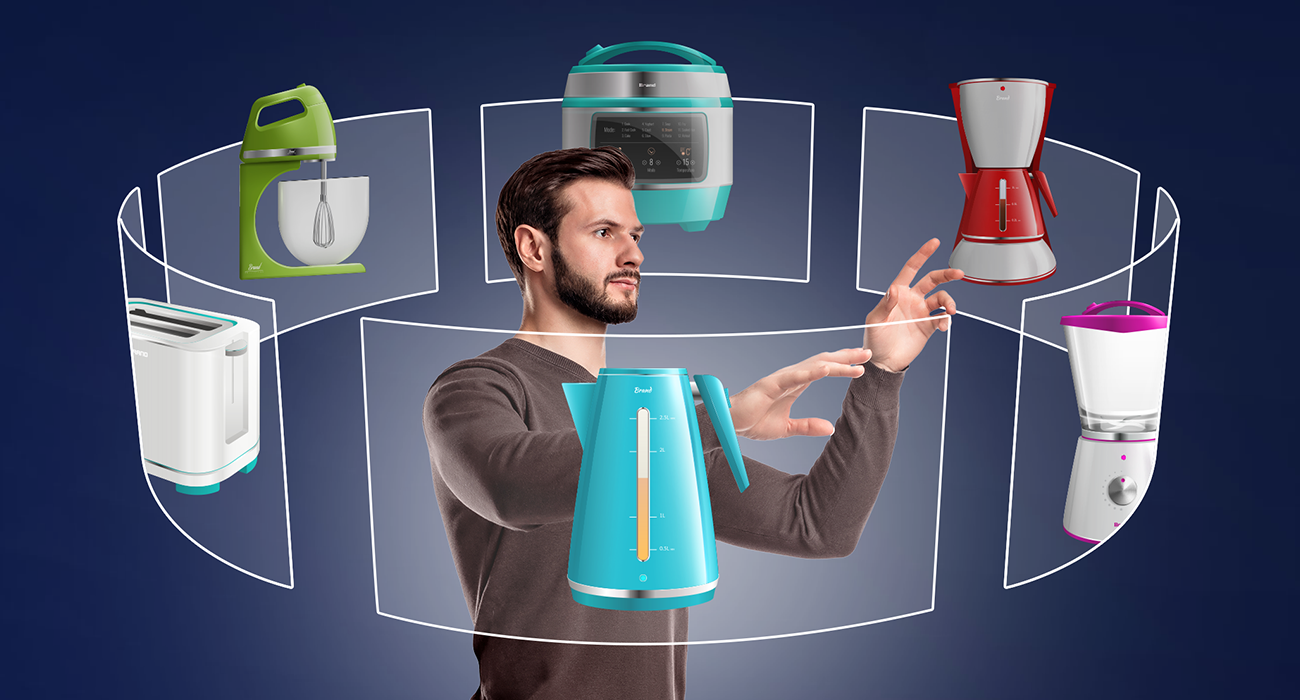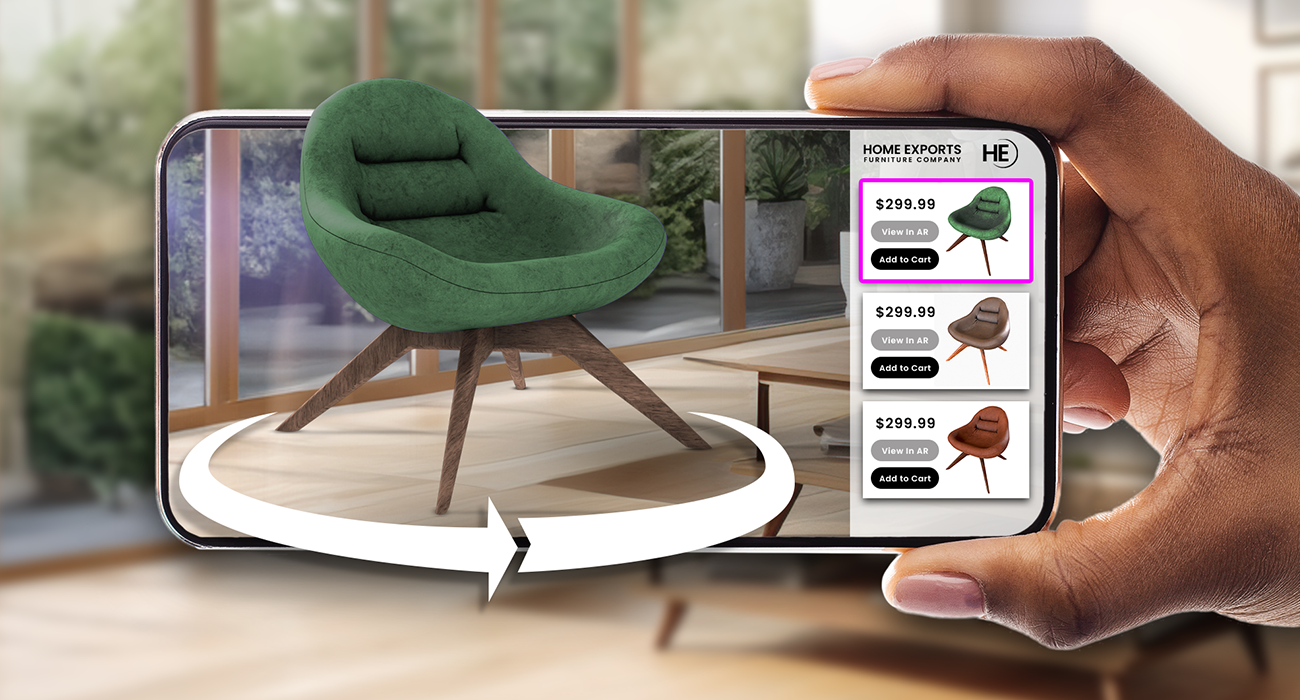In the fast-paced world of event management, staying ahead of emerging trends is crucial for delivering memorable and impactful experiences. As we step into 2023, the industry is witnessing a wave of transformative trends that are reshaping how events are planned, organized and executed. Event professionals across the globe are embracing innovative event technologies and marketing strategies to engage attendees and create unforgettable moments. In this blog, we will explore some of the top event management trends that are set to dominate the landscape in 2023. Let us dive right into it!
Trend 1: Personalizing Attendee Experiences
In an era of heightened personalization, event organizers are focusing on delivering tailored experiences to attendees. Through targeted content, networking opportunities and curated sessions, attendees can have a more meaningful and engaging event experience. Event technology plays a vital role in achieving this by leveraging attendee data to offer personalized recommendations and networking matches. For example, AI-powered event apps can suggest relevant sessions based on attendees' interests, offer personalized engagement opportunities and send real-time notifications. This intersection of event marketing and customizing attendee experiences enables organizers to create a lasting impact and foster stronger connections.
Trend 2: Growth of Hybrid Events
As the world continues to adapt to the changes brought about by the COVID-19 pandemic, hybrid events have emerged as a prominent event management trend in the industry. These events combine both in-person and virtual elements, allowing for increased reach and accessibility. Moreover, they offer unparalleled flexibility, enabling individuals from around the world to participate, regardless of geographical constraints. By leveraging event technology, organizers can create immersive digital experiences including live-streaming sessions, interactive networking opportunities and virtual exhibition halls as well as open doors to new revenue streams through virtual sponsorships and partnerships.
Trend 3: Use of Immersive Technologies
Immersive technologies have emerged as a game-changer in the field of event management. With advancements in augmented reality (AR), virtual reality (VR) and mixed reality (MR), event organizers can create unparalleled experiences that captivate and engage attendees. VR can transport participants to virtual worlds, allowing them to explore lifelike environments, attend virtual sessions and engage in gamified experiences. AR enhances the real-world environment by overlaying digital content, enabling attendees to interact with virtual objects and access additional information. MR combines elements of both VR and AR, merging digital and physical realities seamlessly. These immersive technologies can be leveraged for virtual tours, interactive product demonstrations and engaging presentations, leaving a lasting impression on attendees and enhancing their overall event experience.
Trend 4: Rise of Eco-Conscious Events
Thereafter, with growing environmental consciousness, sustainability has become a significant focus in the event industry. Events designed with ESG (Environmental, Social and Governance) in mind are gaining traction as organizations prioritize sustainability and responsible business practices. These events incorporate eco-friendly practices, such as minimizing waste, using sustainable materials and offsetting carbon emissions. They also focus on social responsibility by supporting local communities, promoting diversity and inclusion, and incorporating charitable initiatives. Research suggests that sustainability-focused events have seen a 20% increase in attendance and a 16% increase in revenue, highlighting the growing demand for eco-friendly practices.
Trend 5: Implementation of Artificial Intelligence
Businesses are leveraging AI-powered tools and platforms to streamline their promotional campaigns, boost communication and enhance overall event marketing strategies. With AI algorithms analyzing vast amounts of data, marketers can gain valuable insights into customer behavior, preferences and engagement patterns. This knowledge allows for hyper-targeted campaigns that deliver relevant content to the right audience at the right time. Furthermore, AI-powered email marketing tools can dynamically adapt and optimize email content based on recipient interactions, increasing open rates, click-through rates and conversions. With AI easing the burden of manual tasks and enhancing personalization, businesses can unlock the full potential of email marketing in 2023 and achieve remarkable results with efficiency and precision. To understand how AI is shaping our future, read this.
Trend 6: Incorporating Event Gamification
Another powerful event management trend is the employment of gamification techniques to boost engagement. These techniques have gained popularity as they possess the ability to transform passive attendees into active participants. By integrating game-like elements such as Trivia, leaderboards, challenges and rewards, event organizers can foster healthy competition, motivate engagement and encourage networking among attendees. For example, attendees can earn points, badges, or rewards for completing tasks, participating in discussions or visiting sponsor booths. Additionally, gamification also enhances knowledge retention by turning educational sessions into interactive experiences. This approach not only creates a sense of excitement but also facilitates meaningful connections among attendees, leading to enhanced satisfaction and a more impactful event experience.
Trend 7: Leveraging Mobile Technology
Mobile event apps have become a crucial component of event management, enabling organizers to share real-time event information, schedules, maps and updates directly to attendees' mobile devices. These apps facilitate networking opportunities, allowing participants to connect with speakers, exhibitors, and other attendees. Moreover, mobile technology offers features such as QR code scanning for easy check-ins, in-app surveys for feedback collection and gamification elements to drive attendee participation. Additionally, mobile technology enables organizers to gather data on attendee preferences, behaviors, and engagement levels. In essence, its integration simplifies logistics, enhances attendee experiences and provides organizers with valuable insights, ultimately shaping the future of event management.
Trend 8: Data-Driven Decision Making
Lastly, data-driven decision-making is revolutionizing event management trends. In today's times, event professionals have access to a wealth of information that can be leveraged to make informed decisions and drive successful outcomes. This data can be used to optimize various aspects of event management, including event marketing strategies, resource allocation, session scheduling and enhancing attendee experience. By understanding attendee demographics, interests and feedback received, event organizers can tailor their events to meet the specific needs and expectations of their target audience. Data-driven decision-making enables organizers to identify trends, measure event success and make data-backed adjustments to continuously improve future events. To conclude, harnessing the power of data allows event professionals to deliver exceptional experiences and maximize event outcomes.
Conclusion
By embracing these event management trends and leveraging event technology, professionals can create remarkable experiences, leave a lasting impression on attendees and shape the industry for years to come. Remember, in this ever-changing landscape, adopting and embracing emerging trends will be the key to unlocking new possibilities.
About Map D by Nextech3D.ai
Map D, a wholly-owned subsidiary of Nextech3D.ai, offers a comprehensive suite of tools to simplify complex event production. It includes -
-
Interactive Floor Plan: The Map D interactive floor plan is a powerful tool for tradeshows, festivals and conferences. With information-rich profiles, it's easy to build out a marketplace of participating vendors and connect them to attendees, sessions, speakers and more. The floor plan is easy to navigate, search and bookmark, making it an essential tool for any event with a vendor marketplace.
-
Booth Sales: Buying booth space at your event will be a breeze for your exhibitors with customizable gateway and checkout scenarios. By leveraging event technology, it allows you to view the real-time availability of booths and their sales status. It empowers exhibitors to reserve a booth or pay for it using a credit card directly from the floor plan.
-
Mobile Event App: Elevate attendee engagement and networking with our mobile app. It will assist you in enhancing attendee engagement, increasing exhibitor visibility and facilitating better networking opportunities at your upcoming event.
Key highlights of Map D's accomplishments are listed below:
- Over 800,000 booths and maps drawn and processed
- Thousands of booths and maps managed monthly
- Facilitated over $250 million in booth sales
Choose Map D for a comprehensive event production solution that combines innovation, reliability and a track record of success. To book a free demo, click here.








